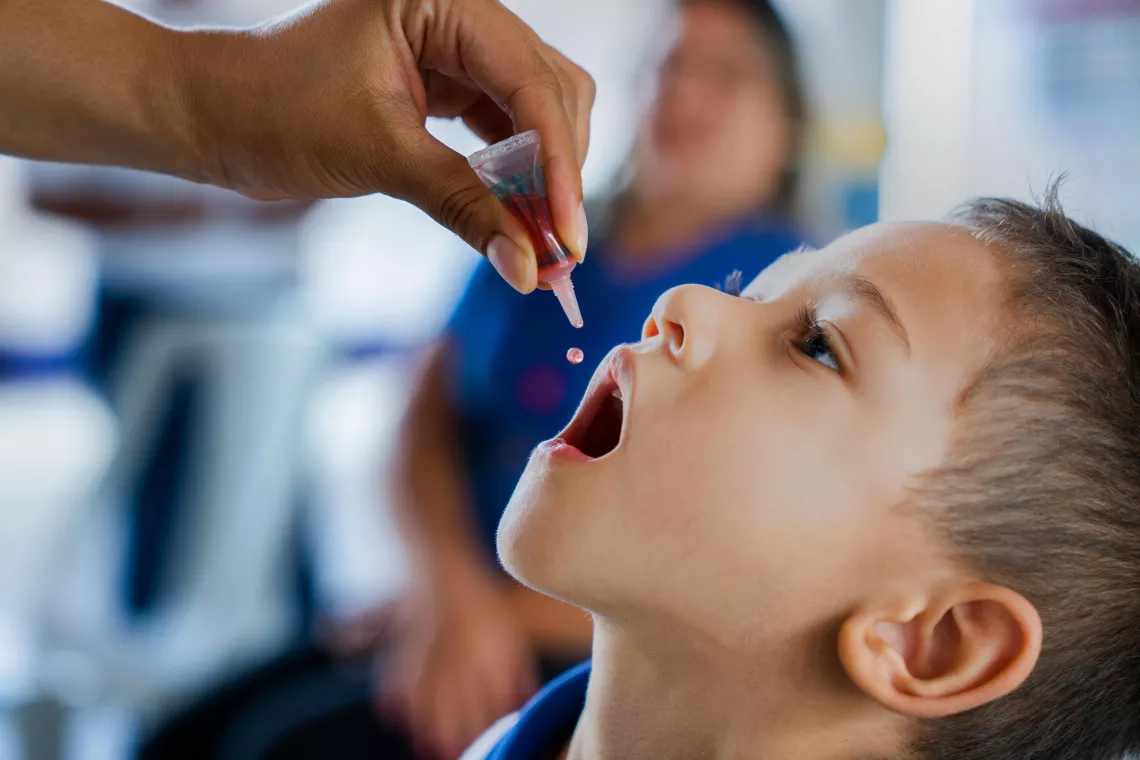HEALTH

FG MOVES TO SECURE LONG-TERM FUNDING FOR NIGERIA’S IMMUNIZATION PROGRAMMES
In a decisive move to tackle the persistent funding gaps threatening Nigeria’s immunization efforts, the federal government has launched the first-ever Immunization Financing Policy Roundtable Series. This landmark initiative is part of the broader Nigeria Health Sector Renewal Investment Initiative (NHSRII), designed to rebuild the country’s healthcare system and ensure sustainable support for life-saving programmes, especially childhood vaccinations.
Speaking at the session in Abuja, Dr. Tanimu Yakubu, Director-General of the Budget Office of the Federation, explained that the roundtable focused on the theme: “Sustainable Vaccine Financing in Nigeria’s Federal Arrangement.” According to him, the dialogue seeks to solve long-standing systemic issues that have held back Nigeria from achieving full immunization coverage.
The effort is being jointly driven by the Budget Office and the National Primary Health Care Development Agency (NPHCDA), with strong support from partners like the World Bank, Gavi, Results for Development (R4D), and the Vaccine Network for Disease Control. Together, they aim to build a homegrown, innovative financing framework that can guarantee steady funding for vaccines.
The reality on ground remains worrying. Only about 59 percent of Nigerian children aged 12-23 months are fully immunized—far below the 90 percent coverage recommended by the World Health Organization (WHO). Even more alarming is that approximately 3.1 million children in that age bracket have never received a single vaccine dose.
During discussions, experts at the roundtable pointed out that Nigeria’s heavy reliance on foreign donors puts its immunization programmes at risk. They stressed the urgent need to develop a robust domestic financing strategy that draws on both federal and state-level resources, and integrates vaccination funding into the overall health budgeting system.
They also explored international best practices that Nigeria could adapt. For instance:
National Immunization Funds, like those in Vietnam and Indonesia, provide dedicated pools of money to secure vaccination efforts.
Earmarked health taxes, used successfully in the Philippines and Thailand, direct specific revenues to fund health priorities.
Performance-based financing, practiced in Rwanda and Ethiopia, ties funding to proven improvements in vaccine coverage and accountability.
Dr. Tanimu noted that by studying and tailoring these models to Nigeria’s federal system, the country can create a dependable framework that not only meets immediate vaccine needs but also ensures long-term, predictable funding.
“This roundtable is just the start,” he said, adding that the journey ahead is crucial for building a resilient system that keeps Nigerian children healthy, regardless of shifting global donor priorities.
For millions of families, this initiative offers hope of a future where every child has access to essential vaccines, and preventable diseases no longer steal lives or burden communities.
"This represents a significant development in our ongoing coverage of current events."— Editorial Board









